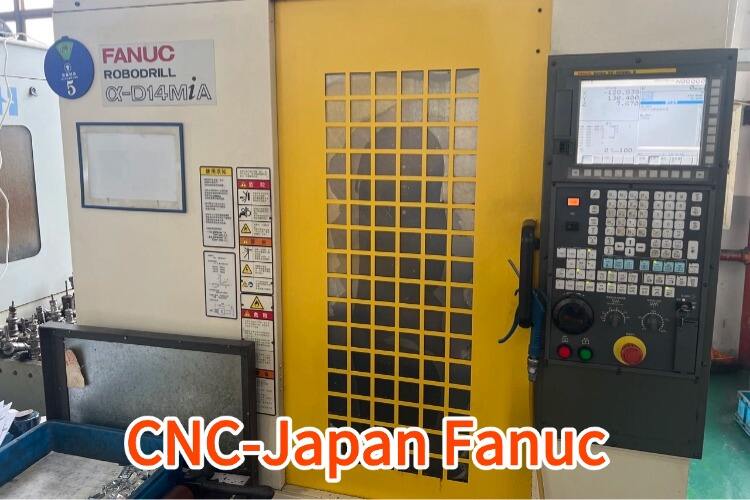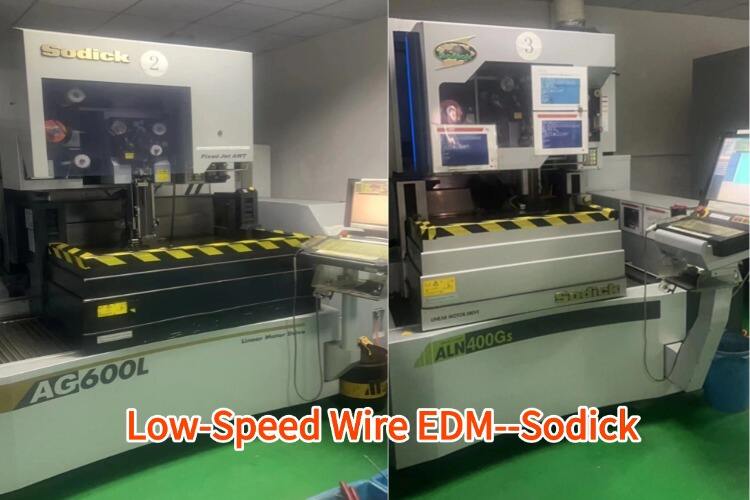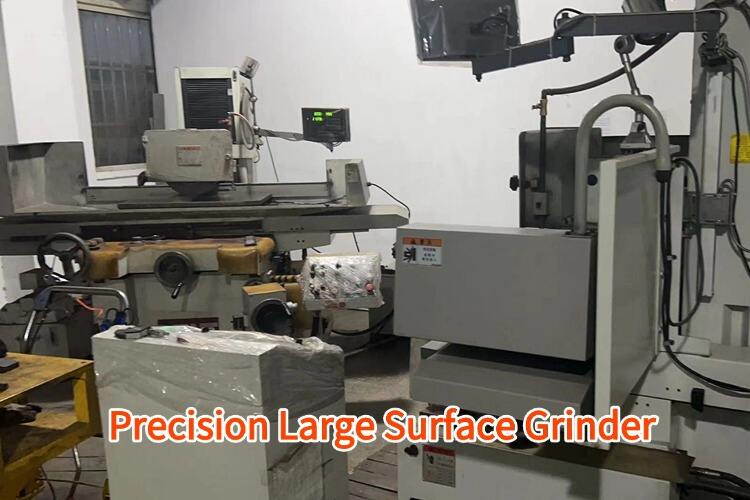automotive cnc machining
Automotive CNC machining represents a cutting-edge manufacturing process that combines precision engineering with computer-controlled automation to produce high-quality vehicle components. This advanced technology utilizes sophisticated software and multi-axis machinery to transform raw materials into complex automotive parts with exceptional accuracy. The process begins with digital design files that are converted into machine-readable instructions, allowing for the precise cutting, drilling, and shaping of materials such as aluminum, steel, and various composites. The technology excels in creating both prototype components and mass-production parts, maintaining consistent quality across large production runs. Modern automotive CNC machining centers can perform multiple operations without manual intervention, including turning, milling, grinding, and drilling, all while maintaining tolerances as tight as 0.0001 inches. These machines are crucial in manufacturing essential automotive components such as engine blocks, cylinder heads, transmission cases, brake rotors, and custom performance parts. The versatility of CNC machining enables manufacturers to quickly adapt to design changes and produce components with complex geometries that would be impossible to create using traditional manufacturing methods.


